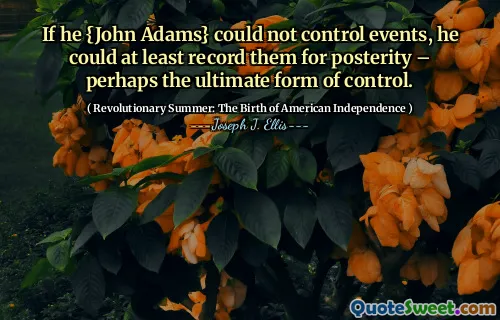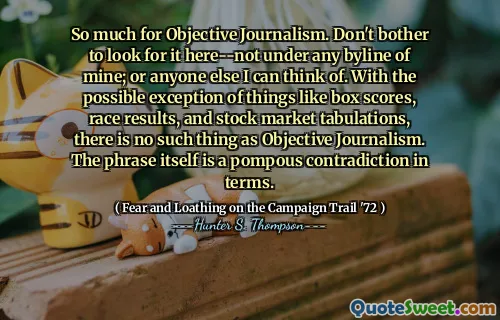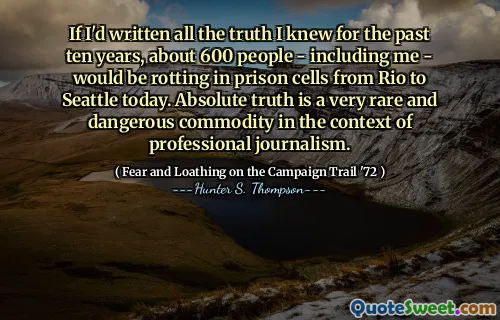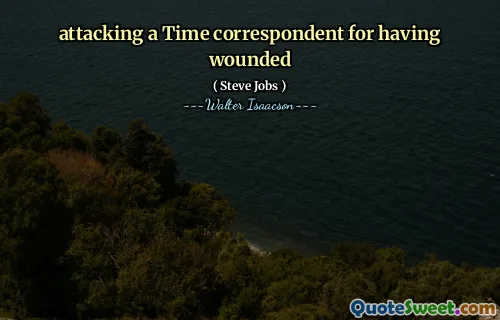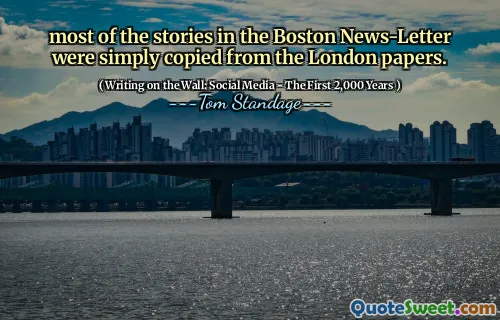
For a journalist working in Gaza or the Occupied Territories, a PRESS badge offers limited protection at best. For a Palestinian journalist, it clearly offers none at all.
📖 Neil Macdonald
This quote underscores the perilous reality faced by journalists operating in conflict zones such as Gaza and the Occupied Territories. It highlights the stark discrepancy between the perceived safety provided by a press badge and the actual danger encountered, especially for local Palestinian journalists. In these regions, whose upheavals are complex and deeply rooted in geopolitical struggles, the mere presence of press credentials no longer guarantees safety or impartiality. Local journalists, who often have profound cultural and linguistic ties to their communities, are frequently targeted, harassed, or obstructed, regardless of their professional status. This situation reveals a troubling bias and systemic vulnerability—while international journalists might sometimes gain a modicum of protection or at least acknowledgment, Palestinian journalists often face hostility, intimidation, or violence precisely because of their identity or their critical reporting. The quote poignantly exposes the fact that press credentials, which symbolize the rights and protections of journalism, are ineffective shields for those most vulnerable. It calls attention to the broader issue of press freedom and safety, emphasizing that genuine protection for journalists must go beyond symbols and standard protocols and must address the underlying power dynamics and hazards they confront daily. Ultimately, this reflection fosters an understanding that journalism under such conditions is not only a profession but also an act of courage, resilience, and often, sacrifice, especially when the safety net provided by international standards or institutions fails to reach the local reporters who arguably need it the most.






